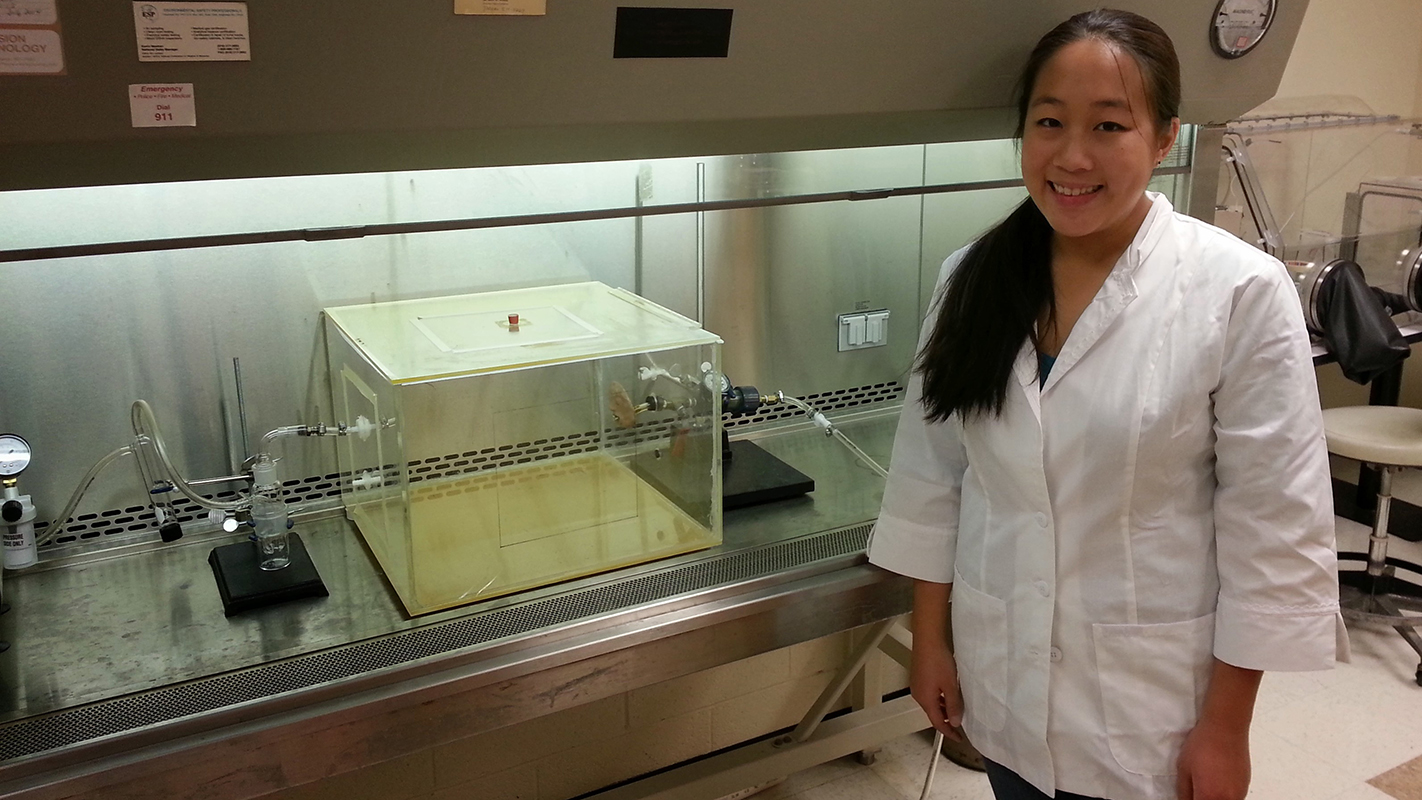Agriculture and Life Sciences
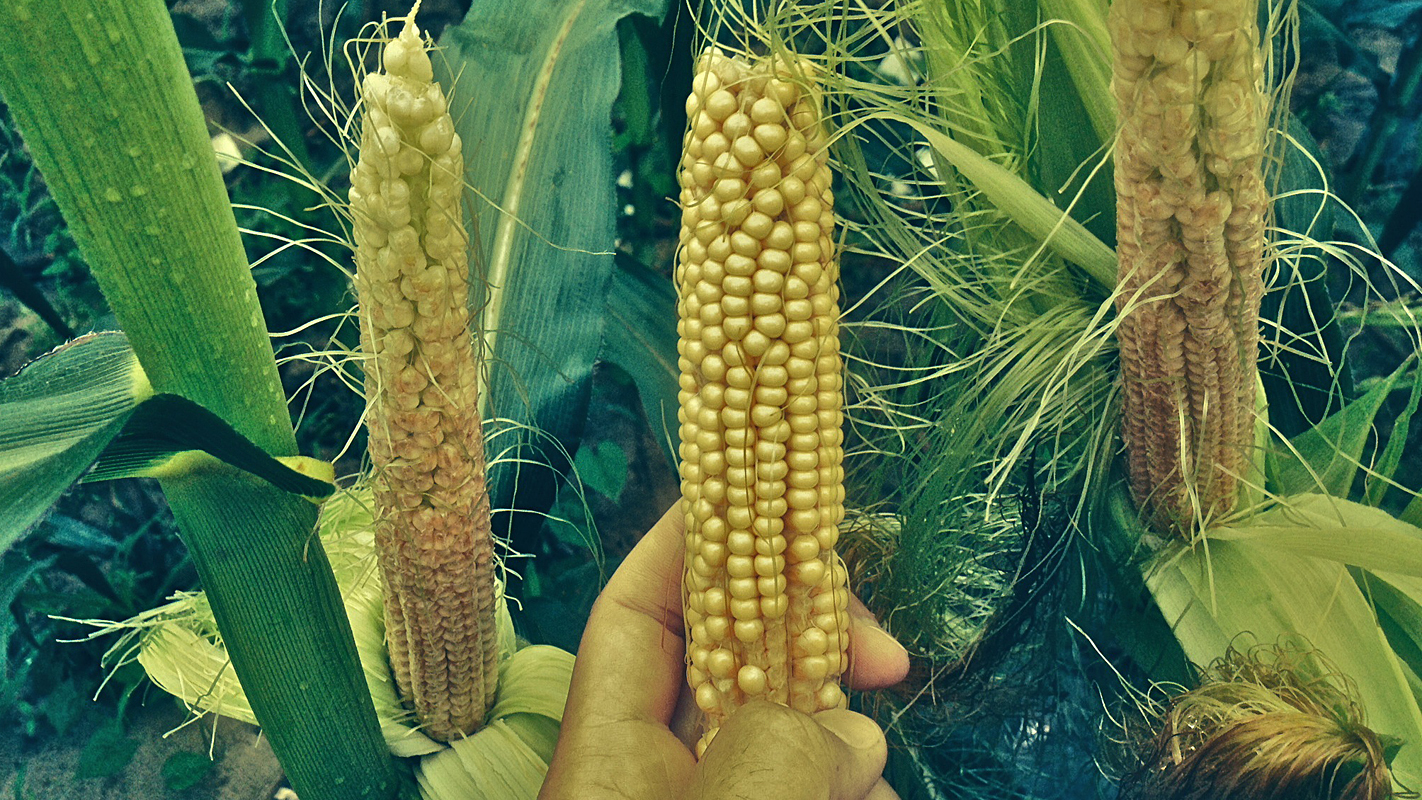
Block That Pollen
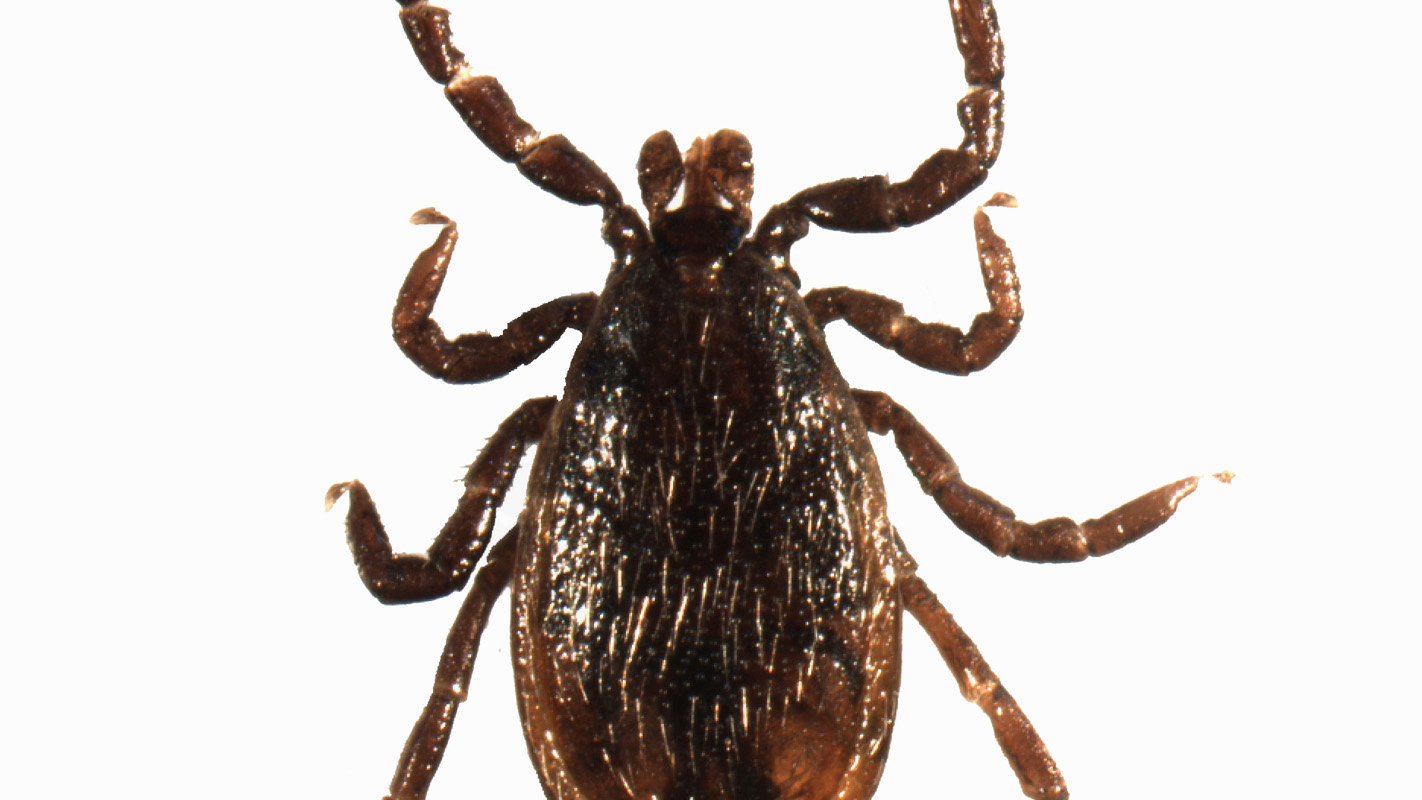
Duplicate DNA a Hallmark of Tick Genome
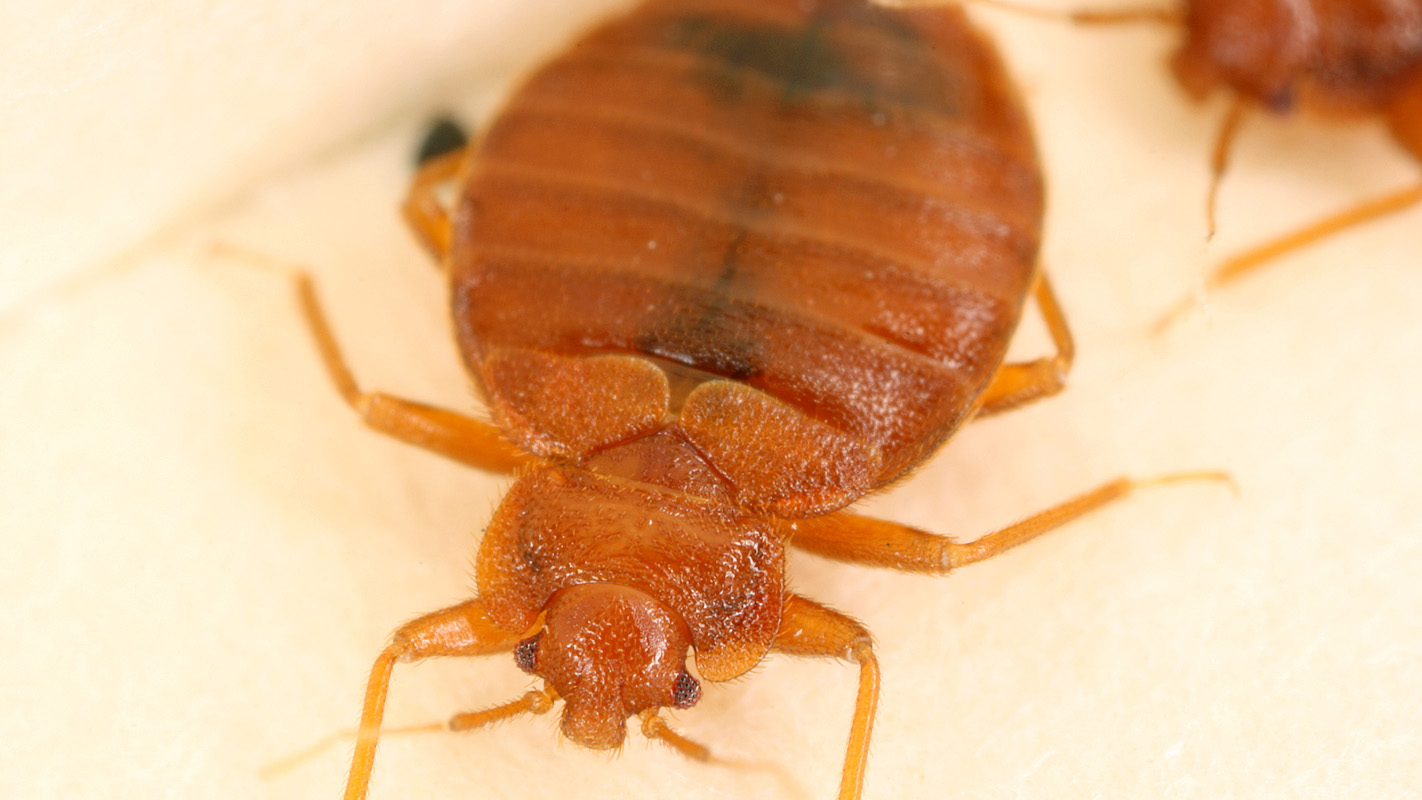
Researchers Sequence Bedbug Genome, Find Unique Features
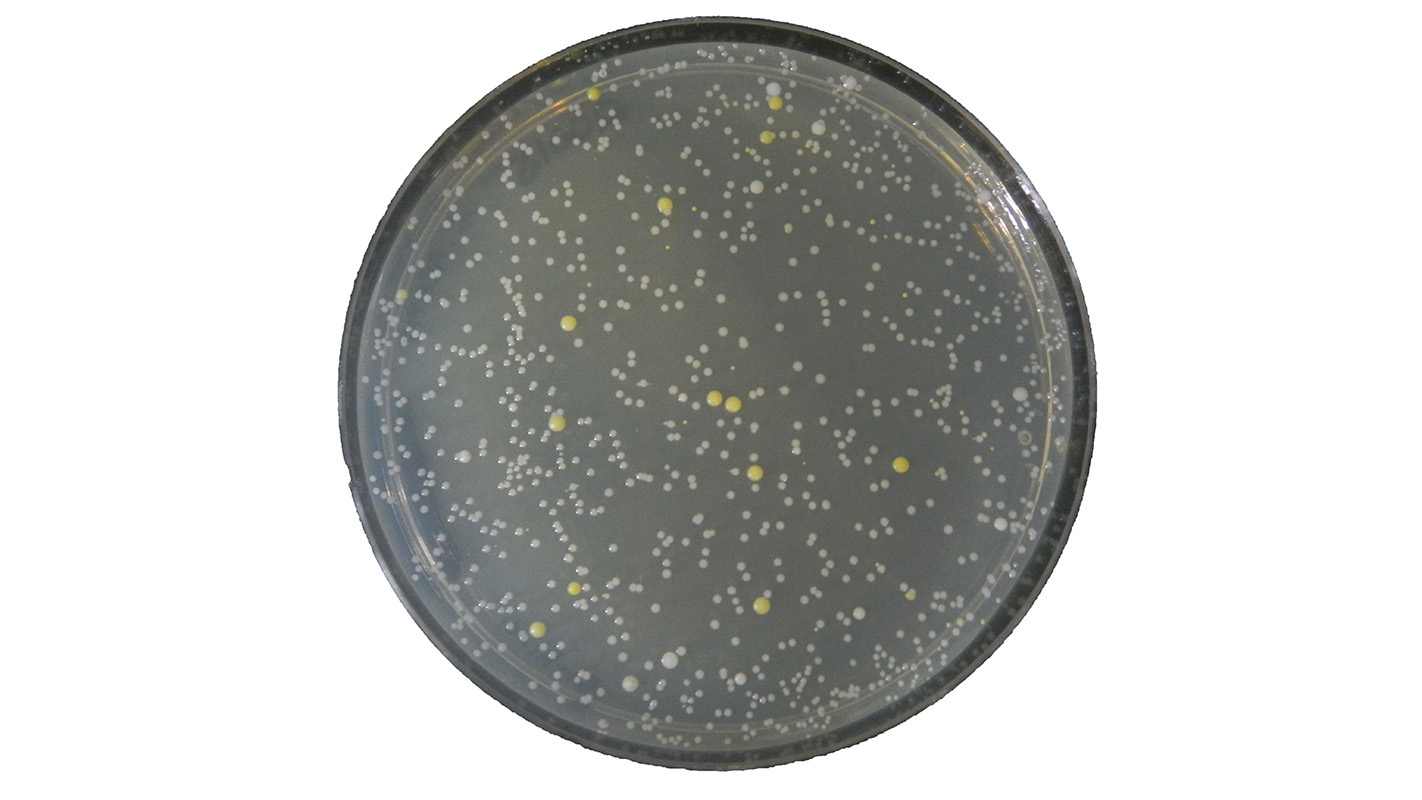
Antiperspirant Alters the Microbial Ecosystem on Your Skin

A Primer on Political Activities
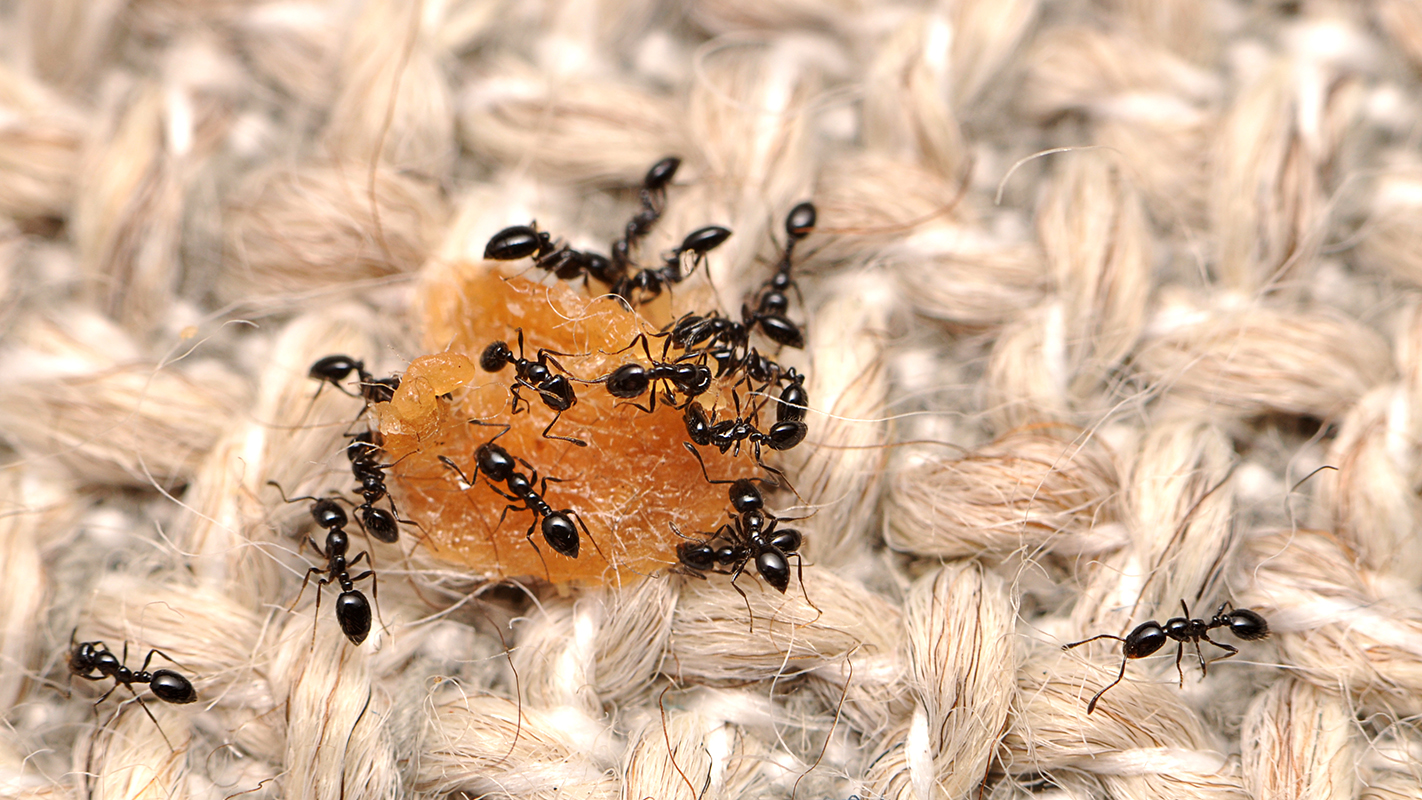
First Study of Arthropods in U.S. Homes Finds Huge Biodiversity
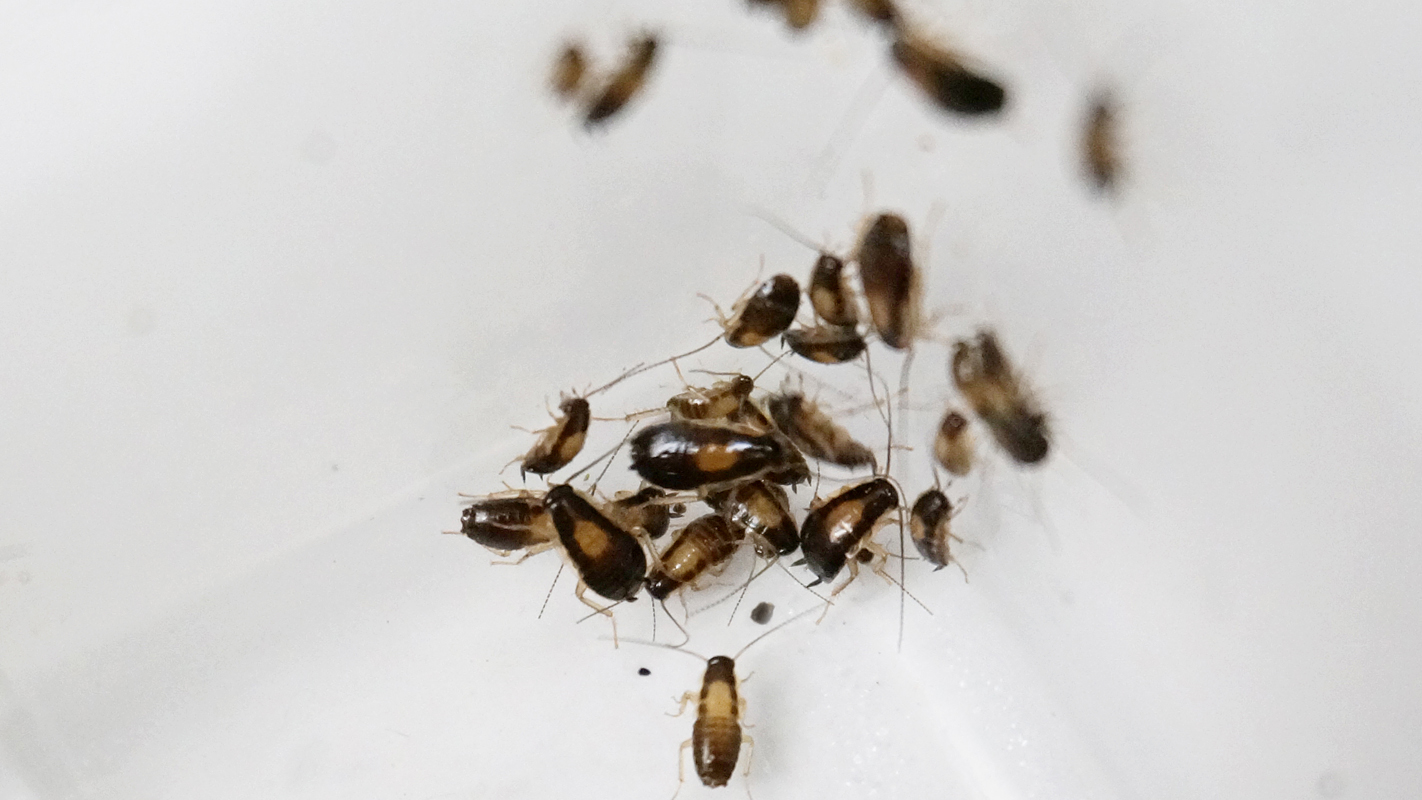
Gut Bacteria Important Factor in Cockroach Gathering
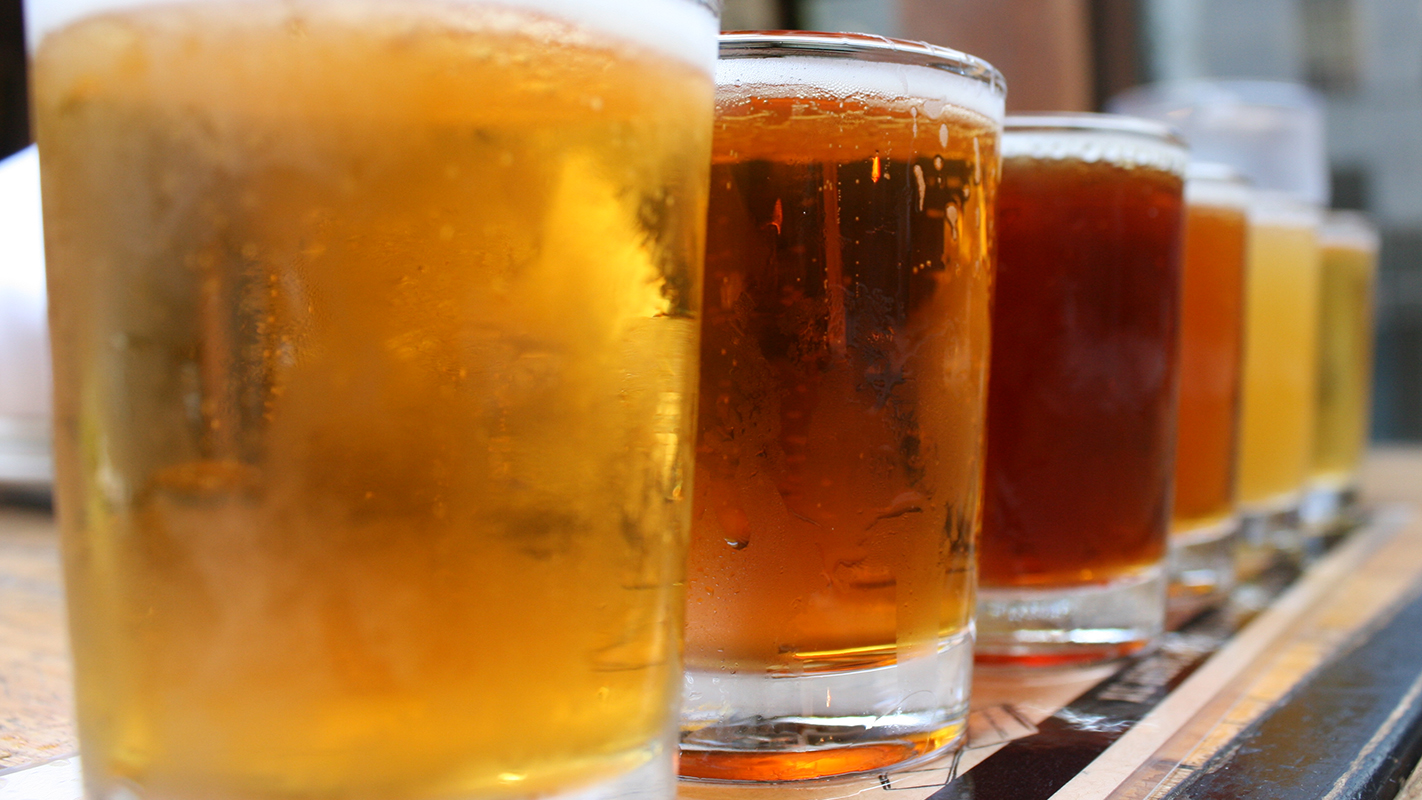
Questions About the Science of Beer
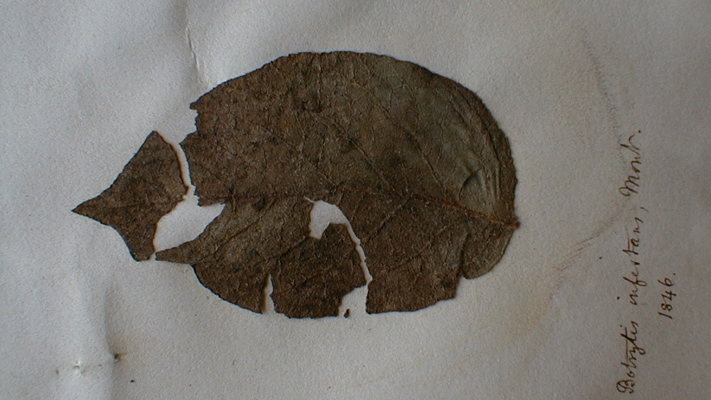
Study Provides More Evidence Irish Potato Famine-Causing Pathogen Originated in South America
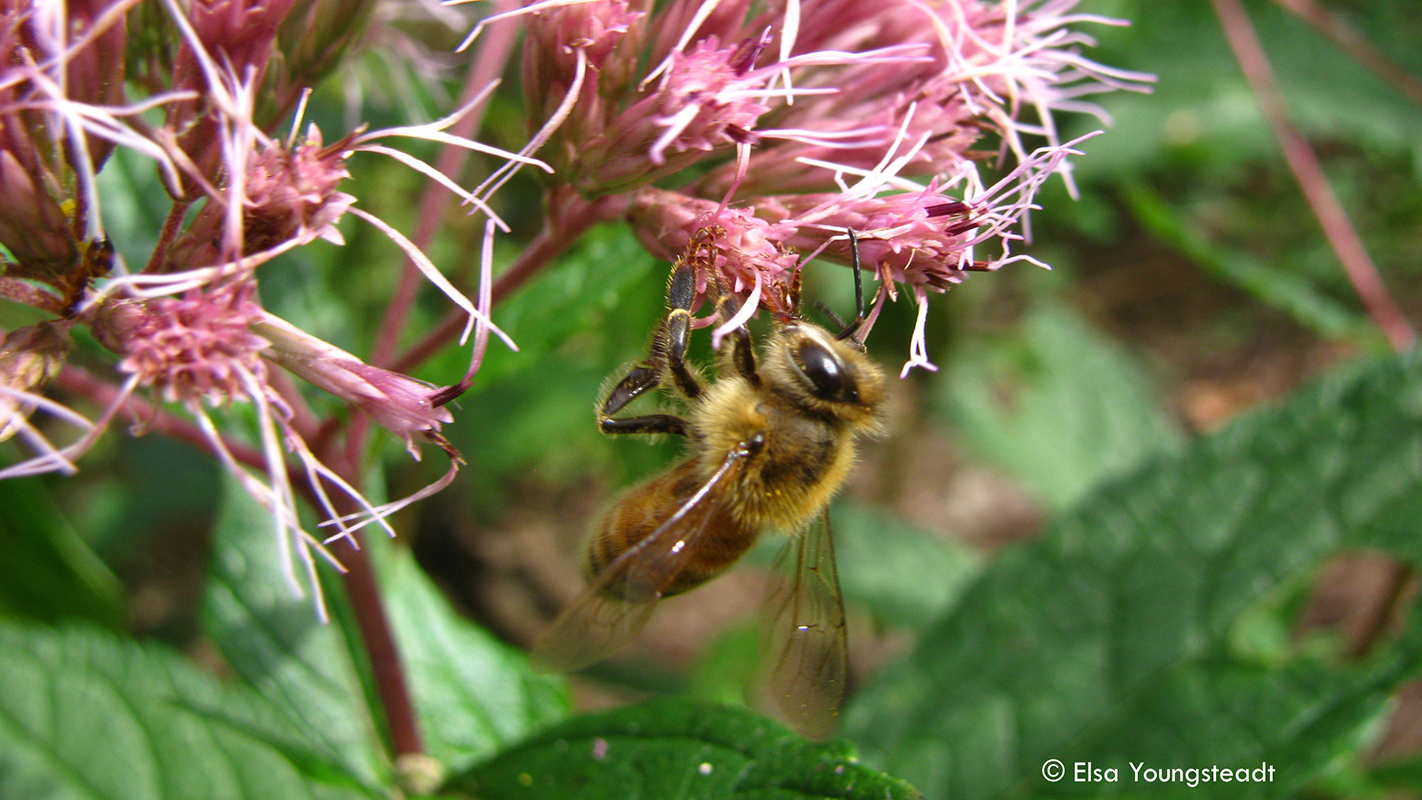
Urban Environments Boost Pathogen Pressure on Honey Bees
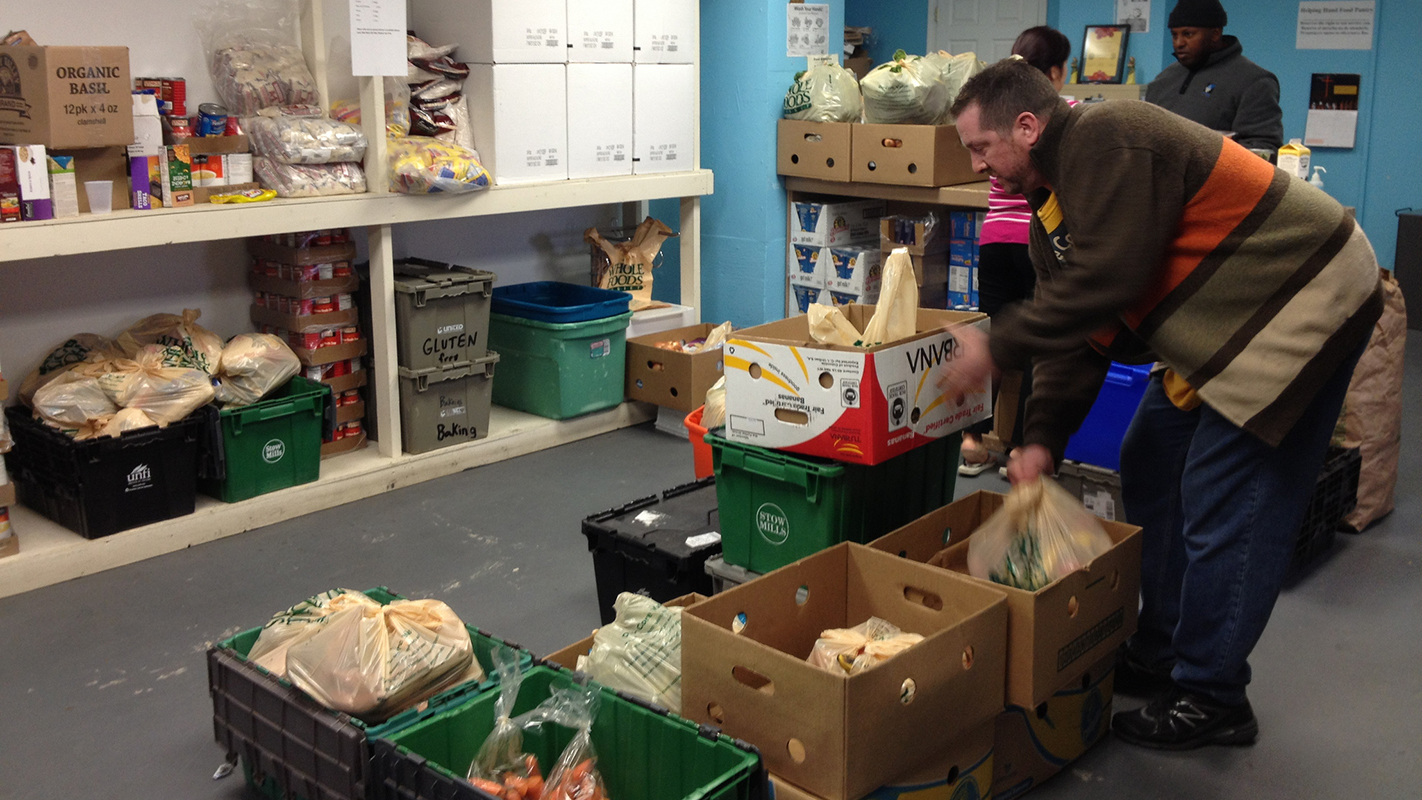
Scientists Evaluate Food Safety Practices to Help Support Nonprofit Food Pantries
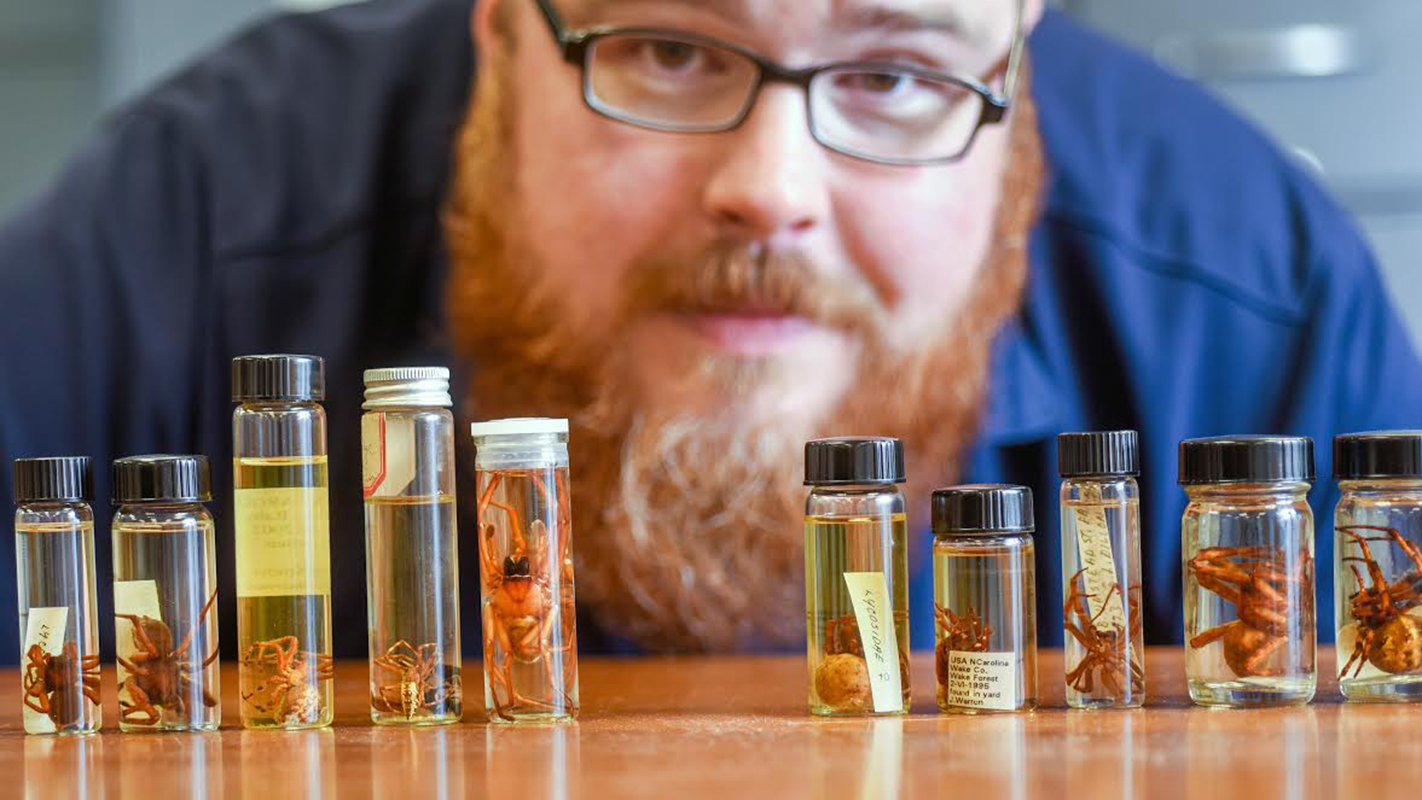
Spiders: How Spooky Are They?
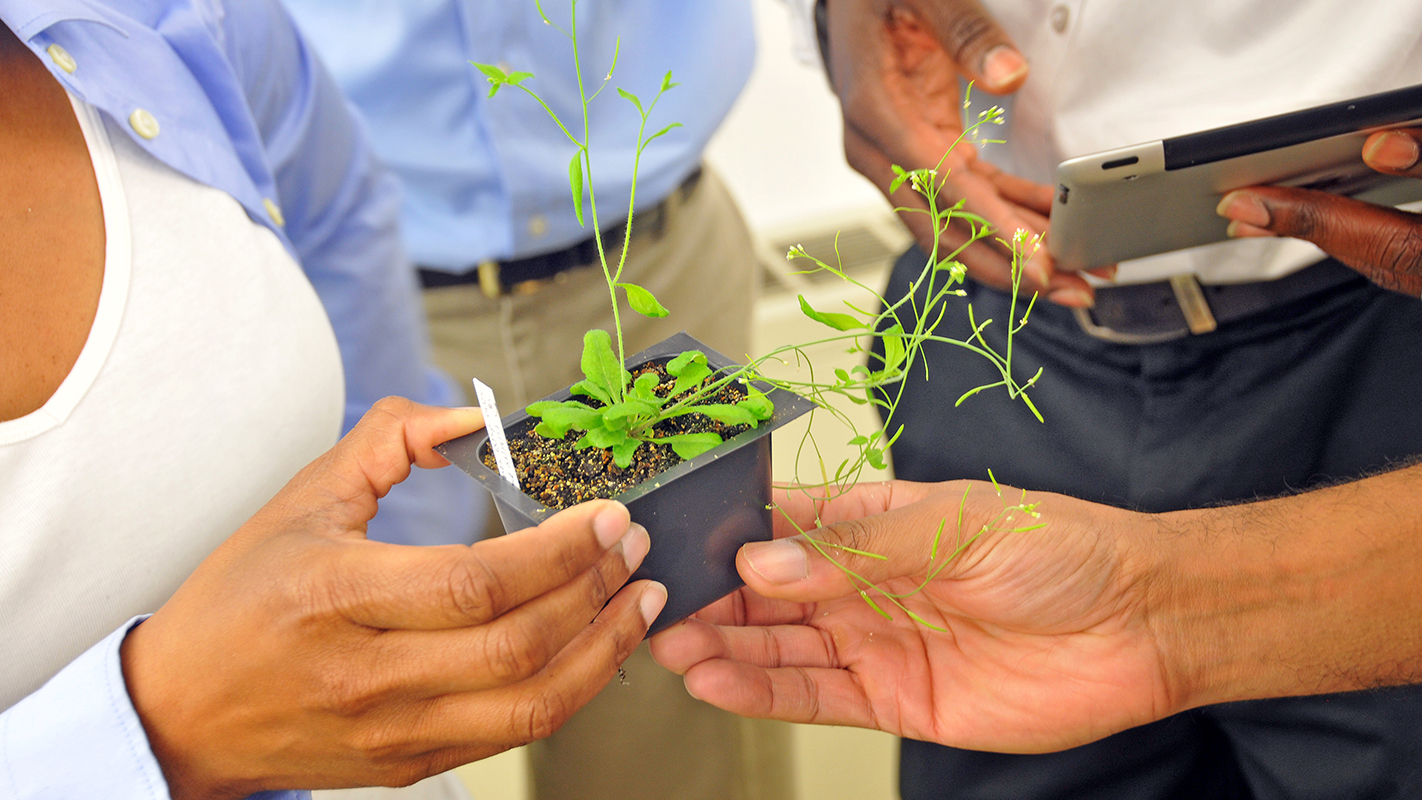
Modeling Tool IDs Genes That Control Stress Response in Plants

$5 Million NSF PIRE Grant Will Fund Research on African Crop Disease
